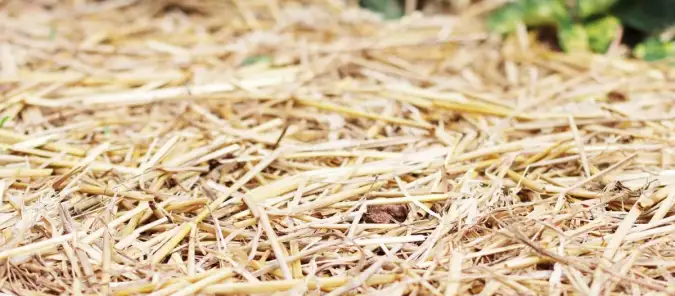Categories > Plant Care and Maintenance
How Worms Help To Regulate The pH Of The Soil
Benefits of Worms in Soil. Worms are invaluable to gardeners for various reasons. They enhance soil structure, increase nutrient availability, and promote microbial activity. One of their lesser-known benefits is their role in regulating soil pH.
Earthworms play a crucial role in maintaining the pH balance of the soil. They ingest soil and organic matter, breaking it down through their digestive processes. During digestion, worms excrete castings that are rich in calcium carbonate, a natural substance that helps neutralize soil acidity. Additionally, the burrowing activity of worms aerates the soil, allowing for better water infiltration and drainage. This aerating action helps prevent the buildup of acidity in certain areas of the soil, thus contributing to pH regulation.Worms and Soil pH Regulation Process
Maintaining Healthy Soil with Worms
To maximize the benefits of worms in regulating soil pH, gardeners can adopt several practices:
- Encourage earthworm populations by providing suitable habitats such as compost piles, mulch layers, and organic matter-rich soil.
- Avoid using chemical pesticides and fertilizers that can harm worm populations and disrupt the soil ecosystem.
- Regularly incorporate organic matter into the soil to provide food for worms and improve overall soil health.
- Monitor soil pH levels periodically and adjust as necessary using organic amendments such as lime or sulfur, depending on the specific needs of the plants being grown.
Conclusion
Worms are unsung heroes in the garden, playing a vital role in maintaining soil health and fertility. By facilitating the regulation of soil pH, they create optimal conditions for plant growth and overall garden productivity. By understanding and appreciating the contribution of worms to the soil ecosystem, gardeners can cultivate thriving gardens while promoting sustainability and environmental stewardship.
Newsletter

